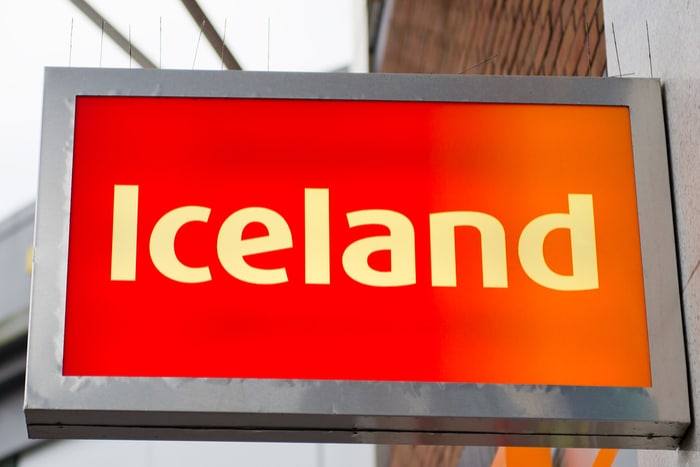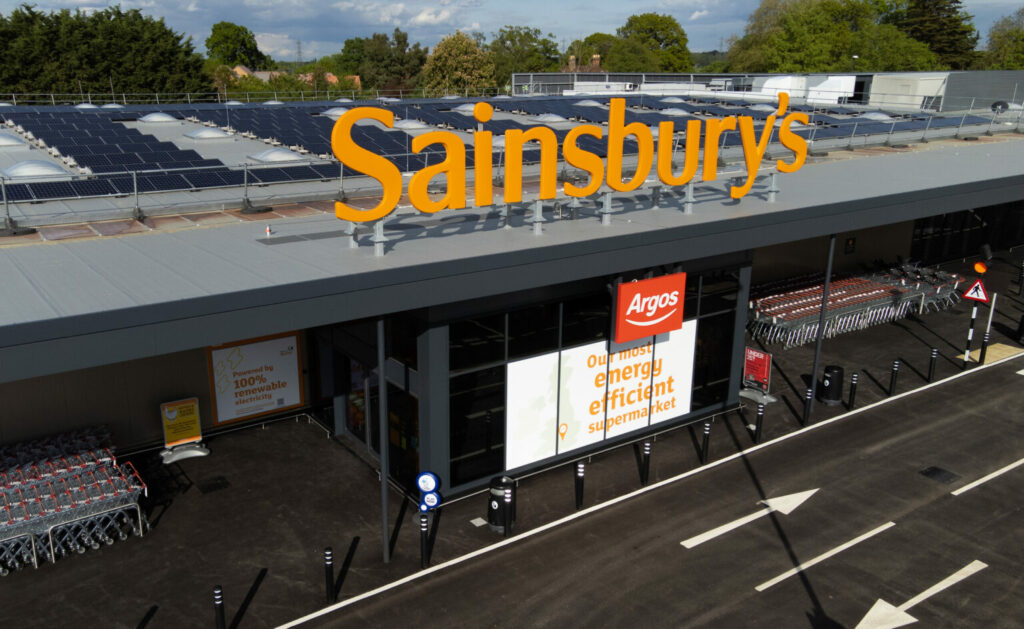// Iceland caught selling own-brand products with palm oil despite pledge to ban it
// Iceland CEO insists it was a “technical glitch”
// Comes after Iceland’s recent and viral Christmas advert around palm oil.
Reports have emerged that Iceland was still selling own-label products online that contain palm oil despite making a pledge to ban the ingredient by the end of 2018, but the retailer insisted it was a “technical glitch”.
In April last year, the frozen food specialist retailer became the first grocer in the UK to pledge removing palm oil as an ingredient from its hundreds of own-brand food products, reducing demand for the product by more than 500 tonnes per year.
READ MORE:
However, an investigation by the BBC found that Iceland was still selling 28 own-brand products online – as recently as today – which listed palm oil as an ingredient.
Iceland managing director Richard Walker insisted this was a website issue.
“It is a technical glitch and obviously a massive own goal by us,” he told Press Association.
“But it’s not reality. I can reassure customers that we stopped the manufacture of own-brand products containing palm oil last year.”
In a statement, Iceland said: “We committed to stop using palm oil as an ingredient in Iceland own-label food by the end of 2018, and this promise has been fulfilled. No lines produced after December 31 2018 contain it as an ingredient.
“If there is fresh food on our website that is labelled as still containing palm oil, this is a website issue and our team are working quickly to resolve.
“There are no Iceland own-label fresh items available that still contain palm oil.
“To avoid food waste, some own-label lines made before we completed the removal of palm oil as an ingredient remain on sale until stocks are exhausted.
“These are mainly in the categories of frozen desserts and frozen pastry products, which obviously have a longer shelf life than fresh and chilled food lines.
“The number will vary from store to store depending on their rate of sale, which will also determine when their sell-through is completed. However, we would expect this to be achieved within the next few weeks.
“New stocks of these lines coming into stores that were made after December 31 2018 will be clearly marked with our ‘No Palm Oil’ flash.”
Since it first made the pledge last April, Iceland not shied away from making it as public as possible, especially on social media.
It reached a climax over Christmas when it made an agreement with Greenpeace to use their animated short film Rang-tan as part of their advertising campaign during the festive season.
The advert subsequently grabbed headlines and went viral on social media as the film, which told the story of an orangutan whose home had been destroyed by deforestation caused by the palm oil trade, was blocked from being broadcast on TV due to UK legislation surrounding political messaging.
Palm oil is used in around half of all supermarket products – from soap to chocolate – despite its devastating environmental consequences.
The palm oil trade is blamed for destroying rainforests and threatening endangered species such as the orangutan.
Ninety per cent of all palm oil is produced in Indonesia and Malaysia.
Click here to sign up to Retail Gazette‘s free daily email newsletter

















